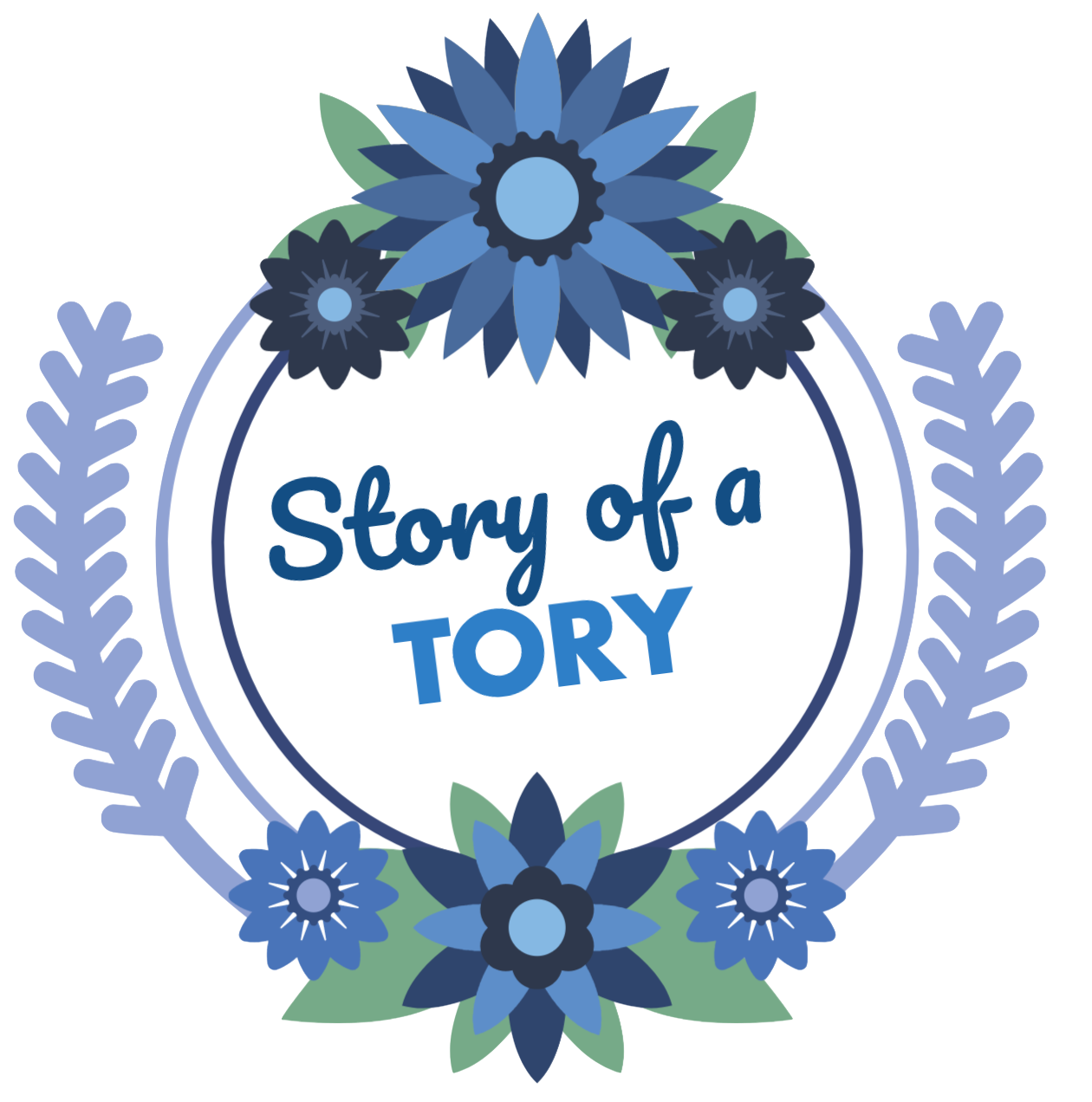 October is Women’s History Month in Canada, and we here at Story of a Tory would be remiss not to join in the celebration of women and girls past and present. Delany Leitch here, our resident hisTORYan, with some reflections on this month and the October 18 anniversary of the Persons Case!
October is Women’s History Month in Canada, and we here at Story of a Tory would be remiss not to join in the celebration of women and girls past and present. Delany Leitch here, our resident hisTORYan, with some reflections on this month and the October 18 anniversary of the Persons Case!
Something that troubles me when reflecting on the remarkable achievements of the Famous Five and the success of the Persons Case in 1929 is the fact that entire generations of Canadian women lived and died without ever being legally recognized as persons under Canadian law both before and after the ruling. For decades before that fateful day, women across the country had been gathering together in their communities, raising money for worthy causes, producing goods to support those in need, and speaking out against social issues that regularly hit them hardest. When the discussion of female legal status in Canada began to emerge, already-formalized women’s networks such as the Women’s Christian Temperance Union (WCTU), the Federated Women’s Institutes of Canada, and the National Council of Women in Canada began pressurizing the Canadian government and three successive Prime Ministers for clarification and amendment of the British North America Act. This issue not only affected the highly accomplished and vocal women campaigning for female senatorial appointments, but the millions of everyday women across the country whose attention was called to this injustice through the Famous Five’s Crusade, and who had long been playing crucial roles in their families and hometowns without being formally recognized as persons.

Unveiling of a plaque commemorating the Famous Five, June 11, 1938. (Front row, L–R): Muir Edwards, daughter-in-law of Henrietta Muir Edwards; J. C. Kenwood, daughter of Judge Emily Murphy; Mackenzie King; Nellie McClung. (Rear row, L–R): Senators Iva Campbell Fallis, Cairine Wilson.
For them, the achievement of October 18, 1929 meant simultaneously nothing and everything. In an article written for the Farm and Ranch Review, Nellie McClung wrote that many Canadian women received a shock when reading their newspaper on 18 October 1929 as “…they read on the first page in bold black type that the Lords of the Privy Council had declared them to be Persons. That was not the shock. The shock came in the implication that they had not always been persons…” Shock in even greater measure continues to resonate in relation to the racial and social inequalities that went along with the ruling and the suffrage movement in general. Women in Quebec did not see the press proclaim their right to vote in their own province until 1940. Racial exclusions against Chinese and Indo-Canadians were not lifted until 1947, and Japanese Canadians had to wait until the year after. Canada’s first people, its Indigenous populations, were the last to be offered federal franchise without conditions in 1960. This timeline is incredibly sobering to reflect upon as a woman in this country who has never felt required to sit on the sidelines while work on the project of Canada was carried out behind closed doors. This month, and this week in particular serve as reminders to all of us that so much has been accomplished in an incredibly short amount of time, but also that the efforts and responsibility are ongoing.






For me, this thought is one that I carry with me every day as I continue my personal journey into uncharted waters. I am so proud to come from a long line of strong rural women and know that they would be delighted to see the educational and political doors being opened for me through an equal combination of hard work and favourable circumstances. Just two generations ago, gals where I come from were lucky to graduate high school and emerged with the choice between nursing, teaching, and secretary work as a career outside the domestic tradition. The opportunities afforded to me in 22 short years would have been unthinkable for them, and we have so many amazing trailblazers to thank for that. This week, I’m reflecting on the inspirational women in my family, community, and across Canada who have helped shape who I am and who I want to be, as well as those Famous Five who made sure they were recognized as persons in this country.
Disclaimer: Story of a Tory is in no way affiliated with the Conservative Party of Canada or any other political party, be it federal or provincial. The views of each author are independent of all other authors.


0 Comments